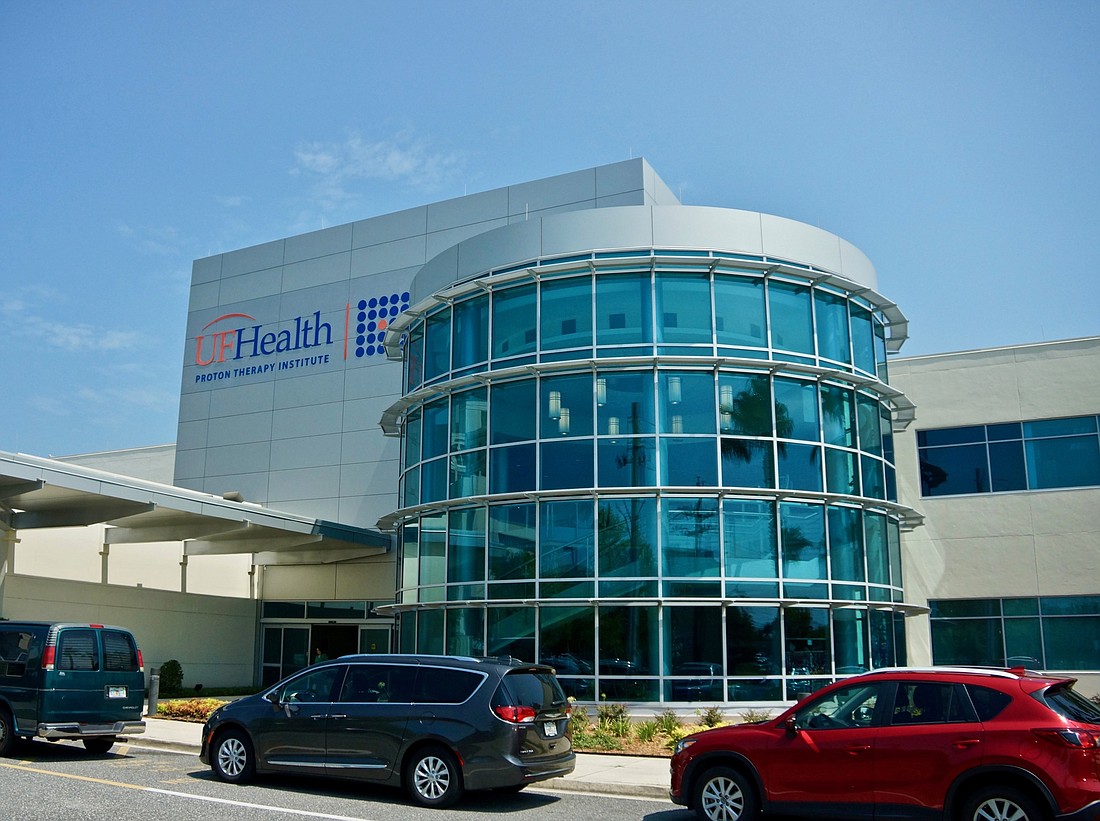
Even for the Jacksonville medical facilities that aren’t seeing coronavirus patients, operations are not what they were just a month ago.
The UF Health Proton Therapy Institute in Springfield is still busy, said Executive Director Stuart Klein. But to keep patients safe, it implemented social distancing measures, screening at the door, and increased sanitization procedures.
“It’s a series of treatments and you can’t stop in the middle,” Klein said. “So we don’t have the luxury of turning patients away. For the next three to four weeks, we’re going to continue to treat a full complement of patients.”
If a patient’s case isn’t immediately necessary to treat, Klein said the institute looks into delaying treatment for some. But those cases are rare.
At some point, Klein said he expects to see a drop-off in patients as people visit doctors less and fewer cancer cases are diagnosed.
Brooks Rehabilitation’s 40 outpatient clinics in Northeast Florida and throughout the state have seen steep drop-offs in the number of patients the past several weeks, said President and COO Michael Spigel. He estimated a 50% to 60% decline in patient visits.
That’s largely due to Gov. Ron DeSantis’s ban on elective surgeries implemented March 20.
Many Brooks patients come from acute care facilities, which reduced their admissions to ensure enough space and supplies for coronavirus patients.
The Brooks Rehabilitation Hospital on University Boulevard remains busy, but it’s setting aside sections of the hospital that would be used in case of a coronavirus surge at other area hospitals. Brooks would take some of the positive patients, or take recovering patients who no longer need hospitalization.
“Our planning has really shifted to how will we accept COVID-positive patients in our settings,” Spigel said That’s where a good part of our thinking and planning is going right now.”
Both facilities say they’ve seen shortages in personal protective equipment. At one point last week, Spigel said Brooks was within a few days of running out of supplies before receiving a shipment.
Staff members increasingly want to wear protective gear, especially on home visits.
“It kind of goes against the conservation, but if that’s what it takes to make staff feel safe, we need to figure out a way to do that if at all possible,” Spigel said.
At UF Health Proton Therapy Institute and Brooks Rehabilitation, telemedicine is used more than ever.
Brooks is increasing its use of e-visits, telerehab and home visits for patients where it’s appropriate. It also slowed on accepting patients from out of the area, except for those with severe needs or who require highly specialized services.
“We are making sure we identify the patients who have the greatest need and don’t have an overly high risk and can come to the clinic,” Spigel said.
Klein said new patient consultations are being done virtually, as well as some checkup and follow-up appointments.
“We’re trying to eliminate patients on-site as much as is practical,” he said.